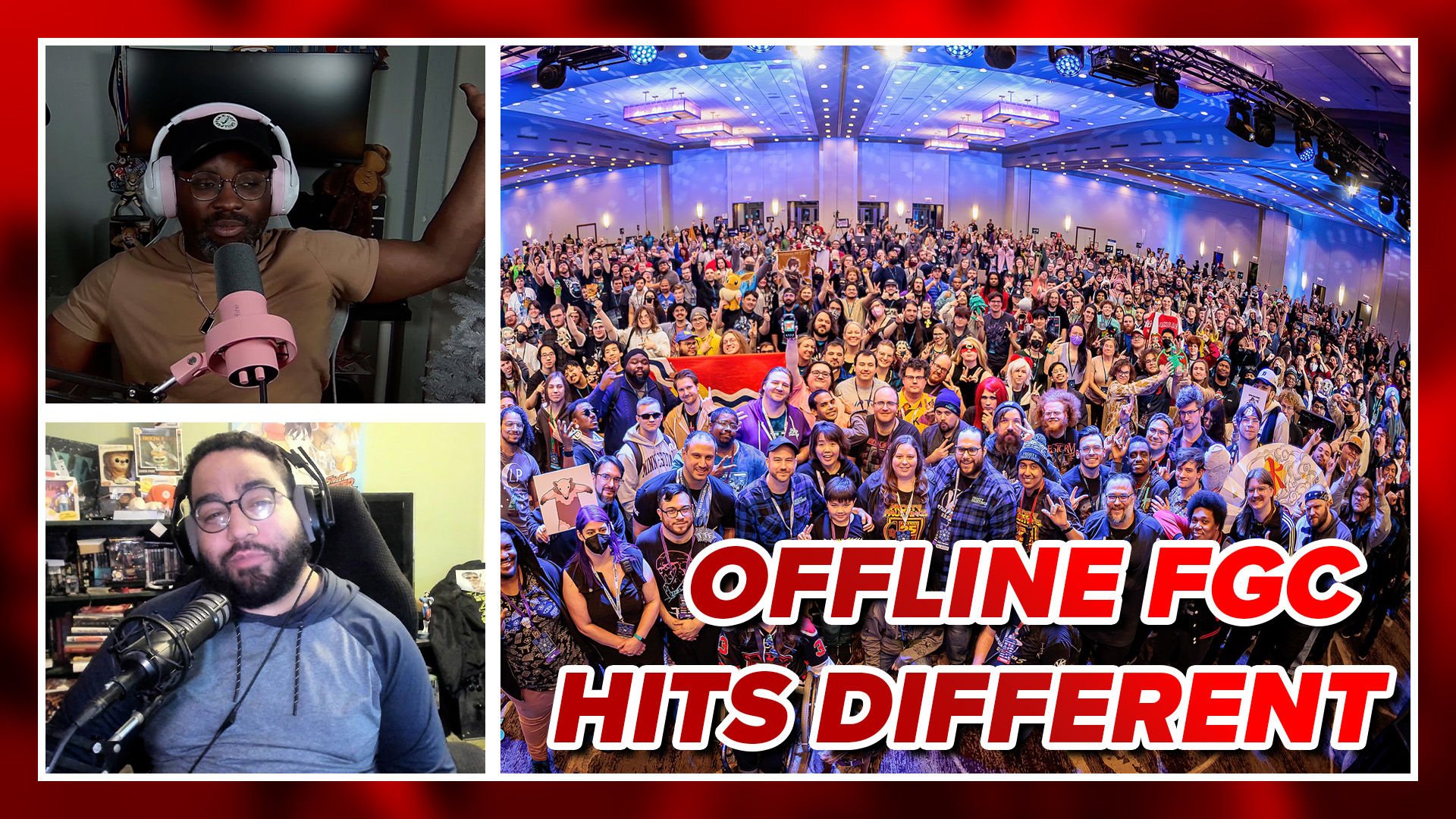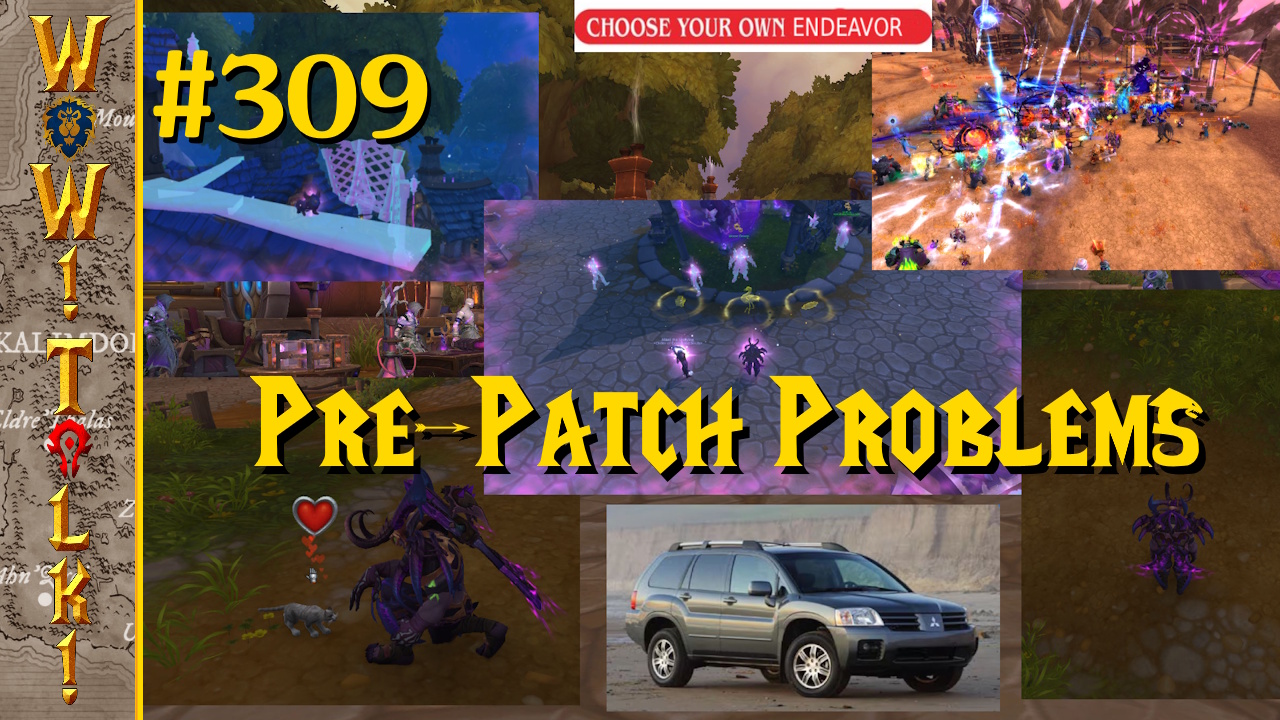
How would you feel if the sweet old lady from your office just walked up and punched you in the face? While that may be somewhat of an improbable scenario, it’s pretty much how I’d sum up Cloudberry Kingdom. While Super Meat Boy filled its domain with blood and splattered meat, Cloudberry takes the opposite approach yet ends up at the same destination: controller-twisting fury.
Cloudberry Kingdom masks itself much like a Siren of the sea would; a cutesy façade covering up a brutal, punishing and toothy monster beneath it. The game simply looks wonderful with lush green landscapes and bright gems twinkling for you to grab them, vivid colors painting the background to whatever procedurally generated trial of death you happened to stumble upon.
While this falls under the category of ultra-hard 2D platformer similar to that of Super Meat Boy, the approach is quite different. Levels are fairly short yet plentiful and never the same due to the procedurally generated nature of them. Some levels are walks in the park, completed in a mere few seconds. Others feel like they were created by Skynet to see if we’ve become stupid enough to enslave yet. These kinds of levels pop up more and more often as you progress to, and past, level 100 in the various game modes they offer; offering the occasional reprieve from the madness with an easy level sprinkled in when it feels like taunting you.
The key to these types of games, in my opinion, are a tight set of controls. While the task in front of you may be daunting and seem impossible, knowing that you character does what they are supposed to do at least makes it feel like a skill based affair. Thankfully, the game delivers on this front. It may take a few tries to get used to the controls but once you’ve got it, you’ve got it…until everything changes. Unlike other platformers of the same ilk, Cloudberry throws up a giant middle finger at you once you feel like you’ve finally grasped the controls and makes you learn something new. Just got the hang of using your jetpack effectively? Great! Now you are on a rolling slab of death. Finally figured that one out? Awesome! Here’s an endlessly bouncing pogo horse.

This isn’t necessarily a bad thing. At times when I wanted to bang my head against the table from frustration, I was able to switch into a different game mode. Variety is one thing this game isn’t lacking. Games modes range from the self-explanatory Free Mode, a fairly lackluster but fun nonetheless Campaign, and Arcade. I found myself spending the meat of my time inside the Arcade due to the sub-modes they had inside them. One gives you 15 lives and sends you off to see how far you can get. Time Crisis gives you a time limit that increases with every gem you pick up, so it’s constantly a race against time (and the hellish level design). One of my favorites was Hero Rush. It puts you in the same constraints that Time Crisis does yet randomizes the type of traits you are assigned; whether it’s giving you a jetpack and making you tiny or stuffing you in a box on a rolling stone slab.
Many of these unlock as you progress through the different modes — unlocking once you’ve reached a certain overall player level. Levels aren’t hard to get and are shared across game modes, so hitting 500 to unlock everything is a feat that can be performed in an hour or so. You’ll run into a few roadblocks, usually prompting you to switch to another game mode where you’ll end up at level 100 before the really punishing stuff starts to show up. For those brave enough to keep going, the game offers you a few lifelines if you find yourself getting stuck.
It appears that the developers were aware that they’d created a monster when it comes to design algorithm. It probably gains its power from frowns and tears of children who purchased this game thinking it’d be an easy Mario-esque romp, but I digress. There is an embedded “cheats” menu that offers to help you through some of the tougher scenarios. It won’t finish a level for you but can show you the AI playing through the level (which felt like Nelson mocking me with a “Haha” after it finished a level I couldn’t), slow down time (extremely handy), and show you a line of how to progress through the level.

The biggest problem with the game is that it starts to feel shallow after extended playtime. While great when playing in spurts of 30 minutes or so, the small levels begin to lose a bit of their luster. It starts to feel like an endless runner, similar to Canabalt, in the sense that you’ve just run through 100+ screens and things are starting to repeat. While random, computer generated levels make sure that the fun never stops (especially if you are a masochist), there is something to be said for beating a level that you know was designed by a human trying to clever rather than a computer just being a dick.
Despite this shortcoming, it’s hard not to recommend Cloudberry Kingdom to those who enjoy a difficult platform game. It offers a ton of variety and is loads of fun, especially for short bursts, making it an ideal game to have in your library for when you just need to kill a little bit of time at the right price point.




